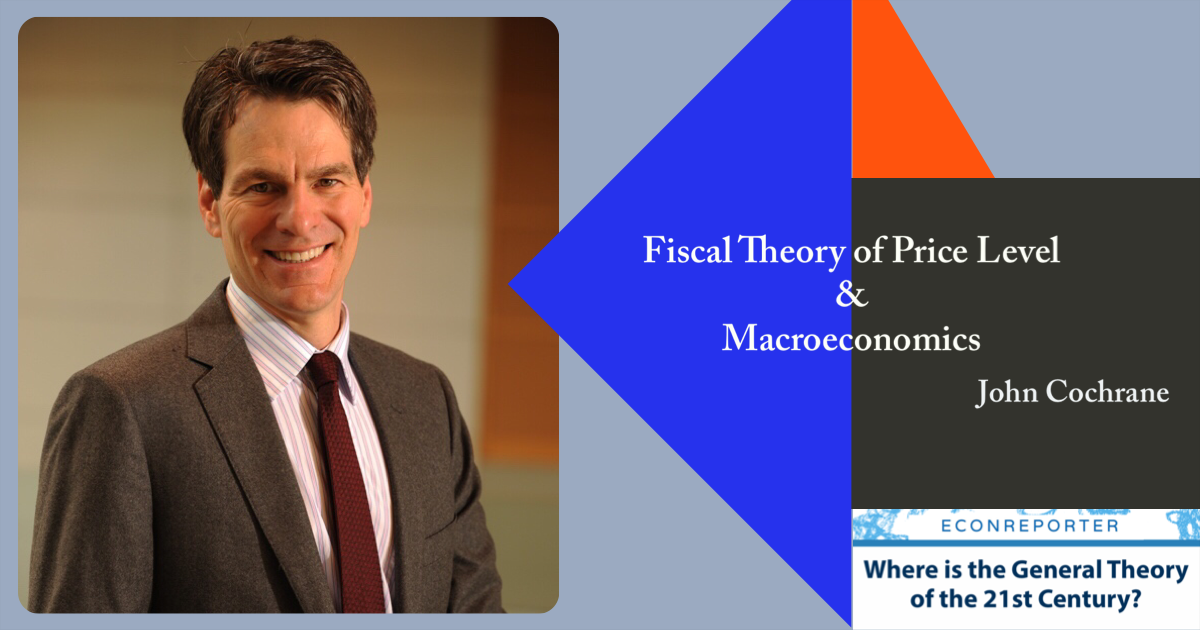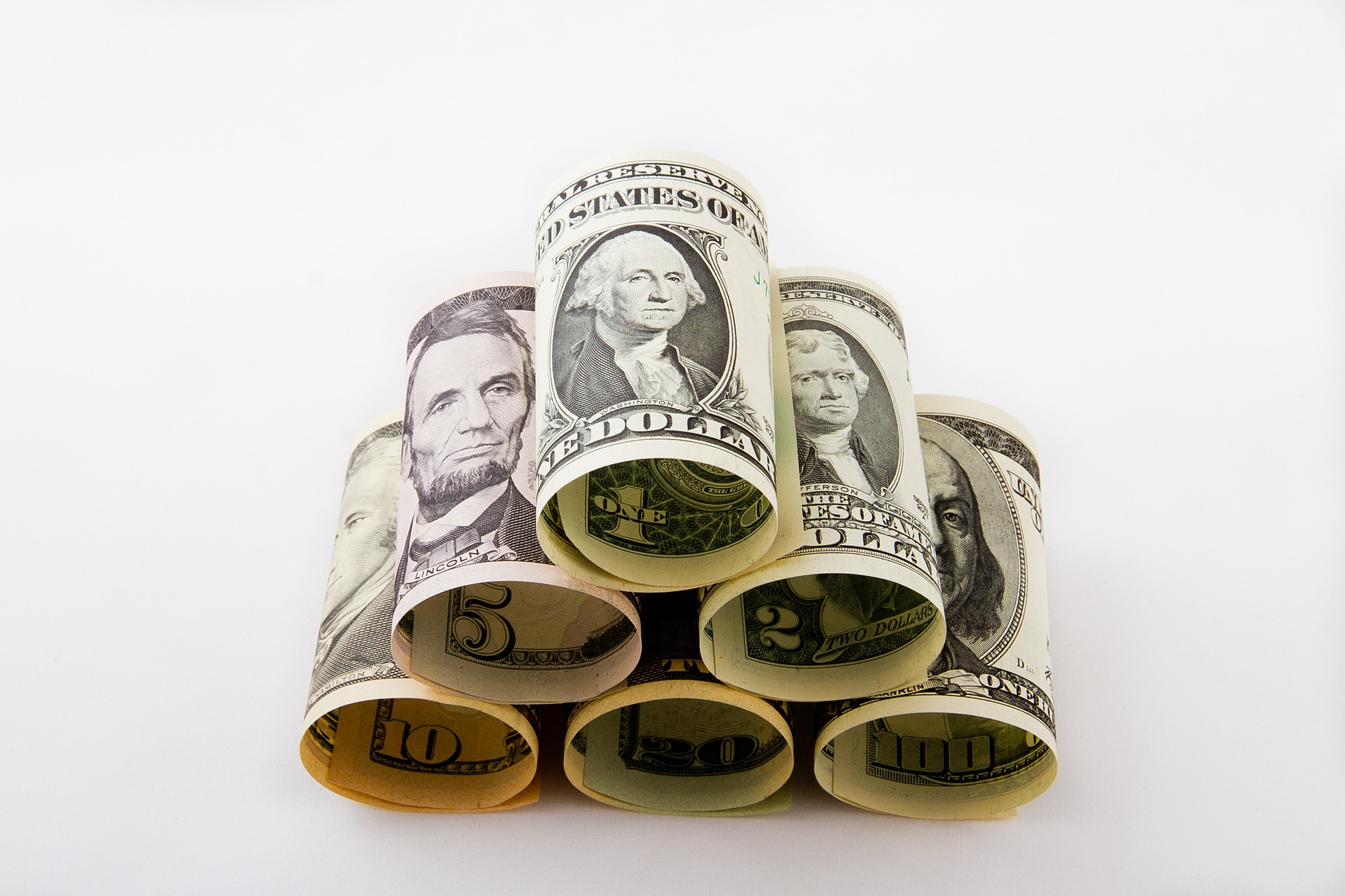Tag: New Keynesian Economics
How often companies in Eurozone change their prices?
An ECB survey found that the retailers review and change their prices most often, while consumer and business service firms adjust their pricing the least often. Firms in the manufacturing sector, meanwhile, have a price adjustment frequency somewhere in between the above sectors
How to Maintain Prosperity for All | Interview with Roger Farmer
Roger Farmer explains : Why central banks should consider stock market intervention in stabilizing the employment markets?
Fiscal Theory of Price Level and State of Macroeconomics | Q&A with John Cochrane...
John Cochrane talks about Fiscal Theory of Price Level and how can we apply this theory on the current macroeconomy.










